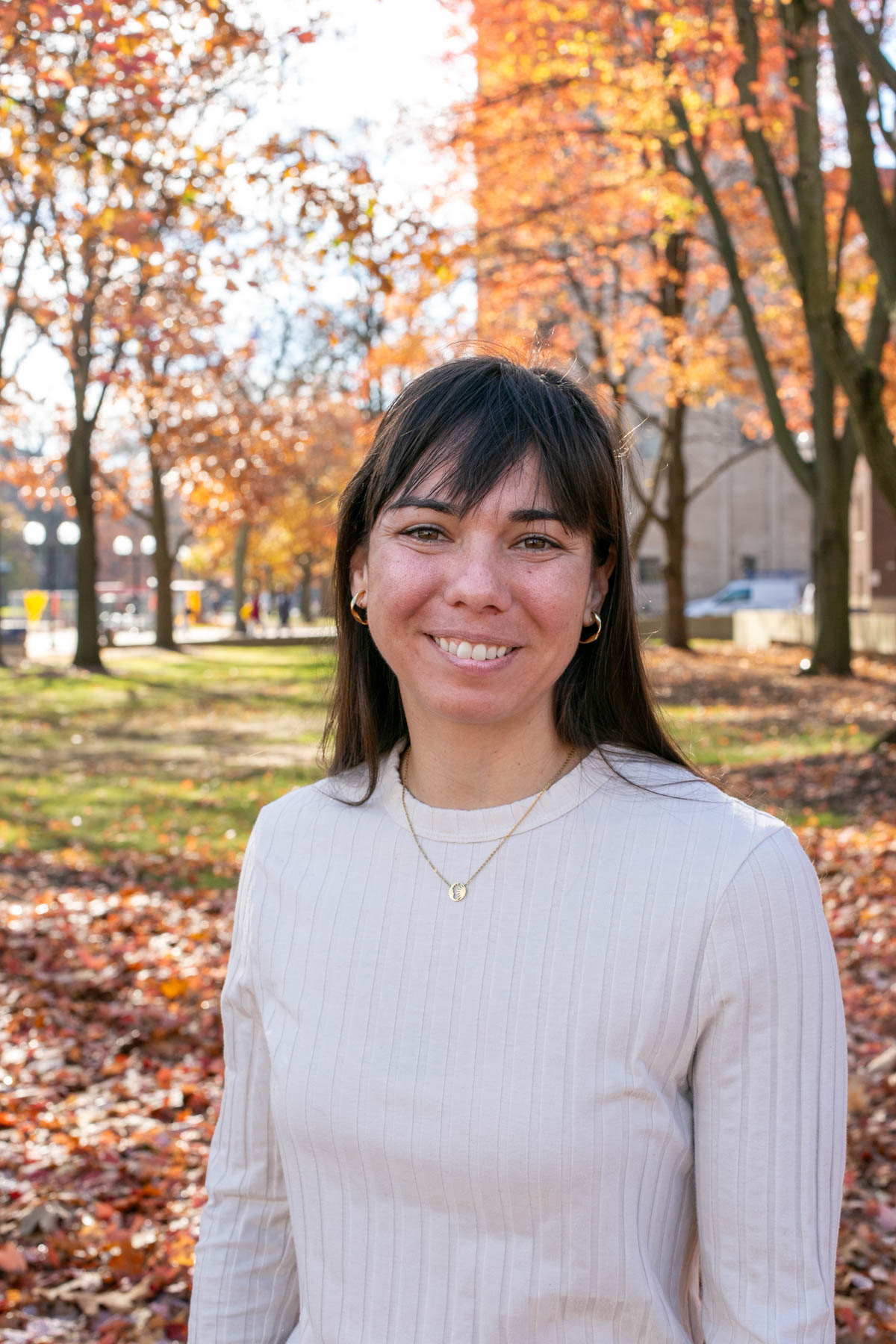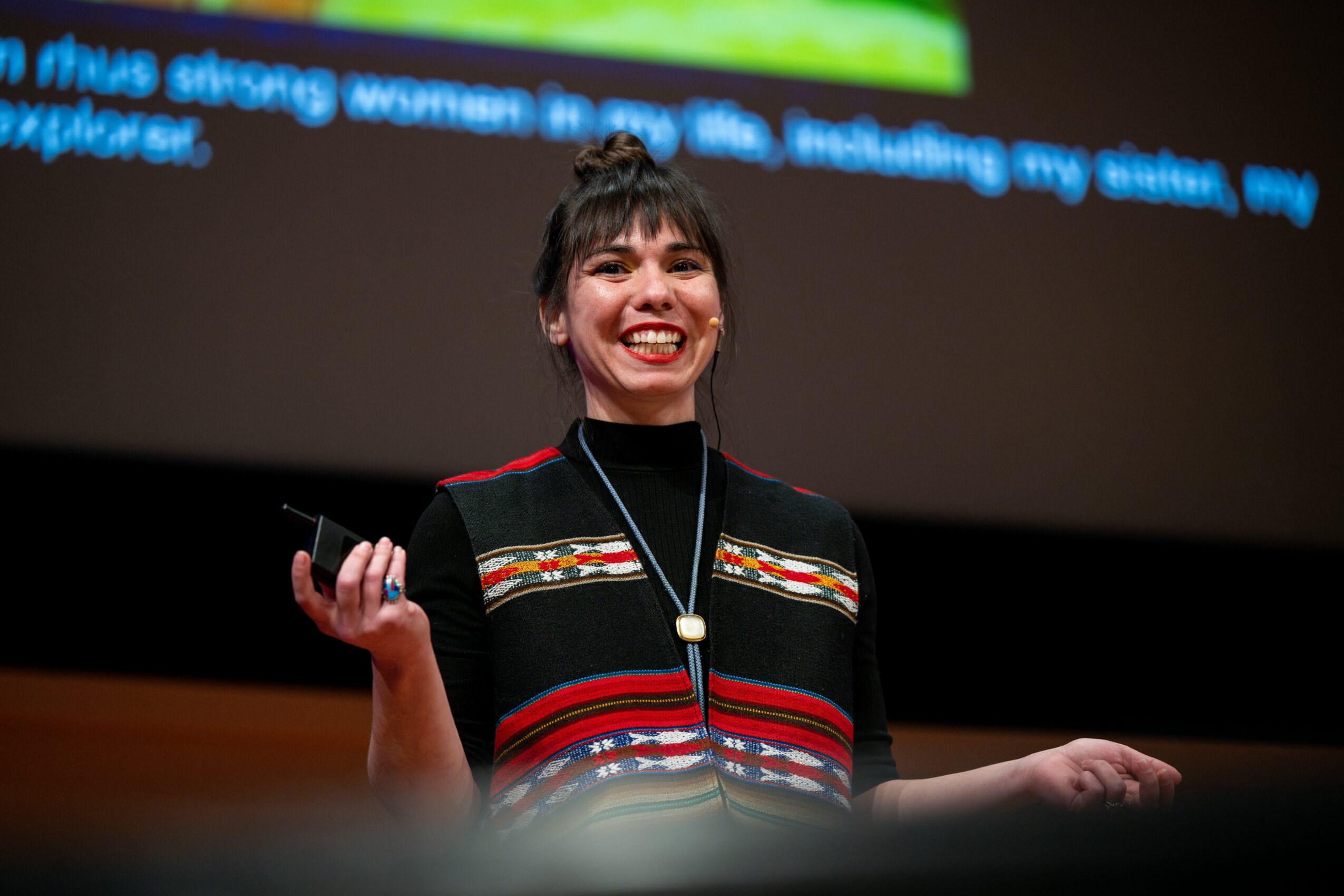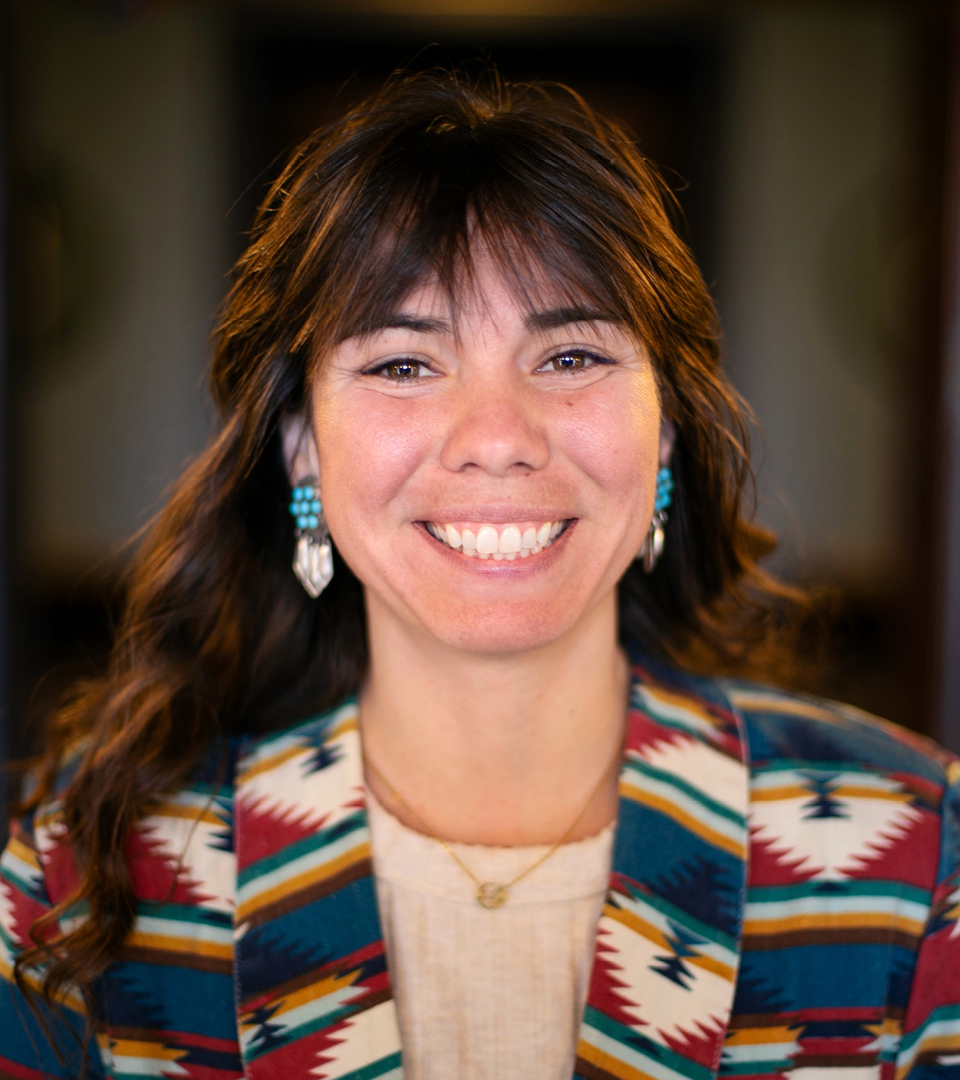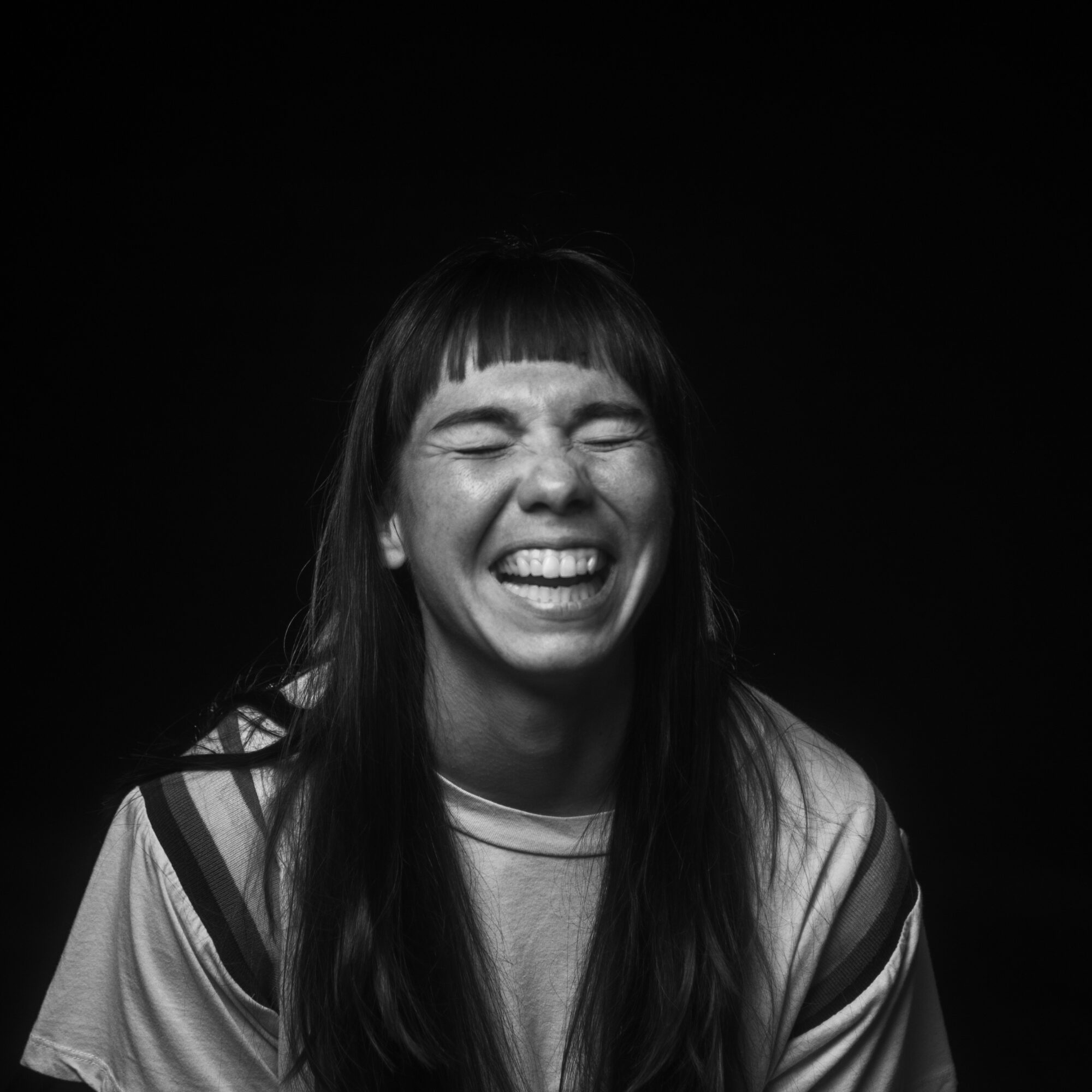

Today we’d like to introduce you to Julianna Loera-Wiggins
Hi Julianna, thanks for sharing your story with us. To start, maybe you can tell our readers some of your backstory.
As a third-generation Mexican American academic, I always was fascinated with questions and discoveries of identity- especially in the context of our political moment. Going back to when I was conceptualizing what I wanted to study in graduate school at the University of New Mexico, I was intrigued by community organizing by Chicano students in higher education as an active response to the mistreatment of Chicano Vietnam veterans and Chicano students overall. While writing my graduate thesis, I noticed that several folks I interviewed reflected on how much fun organizing was; how they would scurry across campus to hang flyers, how they snuck into administrative offices to print “BROWN POWER” pamphlets. There was no shortage of humor from them, knowing that they were being a bit mischievous, of course, but also because they were doing something amazing for their community.
Fast forward to my PhD program at the University of Michigan, where I have really taken on a large task of theorizing joy, humor, and comedy in the U.S. Chicanx and Latinx experience. Personally, I have always wanted to try stand-up comedy, and it wasn’t until I saw a Latina stand-up comedian perform that I thought, “I could do this. And maybe write my dissertation about it!” Now, I am a scholar of critical ethnic studies, performance studies, and cultural studies who is documenting the Latina stand-up comedy scene in Chicago!
Can you talk to us a bit about the challenges and lessons you’ve learned along the way. Looking back would you say it’s been easy or smooth in retrospect?
There have certainly been some struggles in my research. Some of it is related to being a woman/woman of color in stand-up comedy. I have encountered it all. Sexism: comments from comedians that objectify my body or suggest that I am physically weak due to my size. Misogyny: watching male comics talk about hating women (both cisgender and trans women). Racism: Comics saying that they will call ICE on me and my family (of course, it’s always “a joke”).
Other academics are really supportive of my work. I think it is important to consider how humor can be a tool to build community and is worthy of intellectual pursuit. I love exploring with other Latinx scholars about how humor is a coping mechanism for Chicanxs and Latinxs and a source of connection to our language, heritage, and culture.
Alright, so let’s switch gears a bit and talk business. What should we know about your work?
I am a PhD candidate in American Culture at the University of Michigan with graduate certificates in Latina/o/x Studies and World Performance Studies. I specialize in Latina feminisms, expressive cultures, and gender studies. I might be known as “the comedian” within my department and across the humanities at U-M since I have produced shows on campus and I also produce a monthly stand-up comedy show for female and female-identifying comedians- the only monthly showcase featuring non-male comics in Michigan!
I am most proud of the strides I have made as an advanced graduate student (I’ve actually published on Latina stand-up comedy) and as a comedian (I hope I’m getting better than when I started almost two and a half years ago)!
I am also teaching a course at the University of Michigan that explores the intersections between racial formation, gender, and performance in stand-up comedy. It will be a great class where students will read academic pieces about humor, ideology, and the history of racial formation in the United States while concurrently watching and analyzing stand-up comedy performed by people of color, disabled folks, and trans folks.
What matters most to you?
What matters most to me, and what I strive and work for, is more Chicanx and Latinx representation in higher education and within performing spaces. I care deeply about teaching students to become critical race scholars in their daily lives. I want to help students pursue their personal and professional goals but also understand how they may be able to access certain opportunities that maybe otheres cannot. It is especially tense being a Latinx person in the US right now. We constantly have to own the narrative told about us, and although it is exhausting I have found a lot of relief in community. This means organizing, knowing our rights, protecting and supporting one another, and showing up for one another. Higher education isn’t the only way to make an impact on your community, at least, it is difficult to see if you are making a difference because time moves a little differently in academia, but empowering young folks to see themselves in front of the classroom becoming experts in a field or taking the stage to bring joy to someone’s night… Those little things are what matters most to me at the moment.
Contact Info:
- Instagram: @_mucusgracias



Image Credits
Images:
Zacary Burcar
Jocelyn Gotlib











